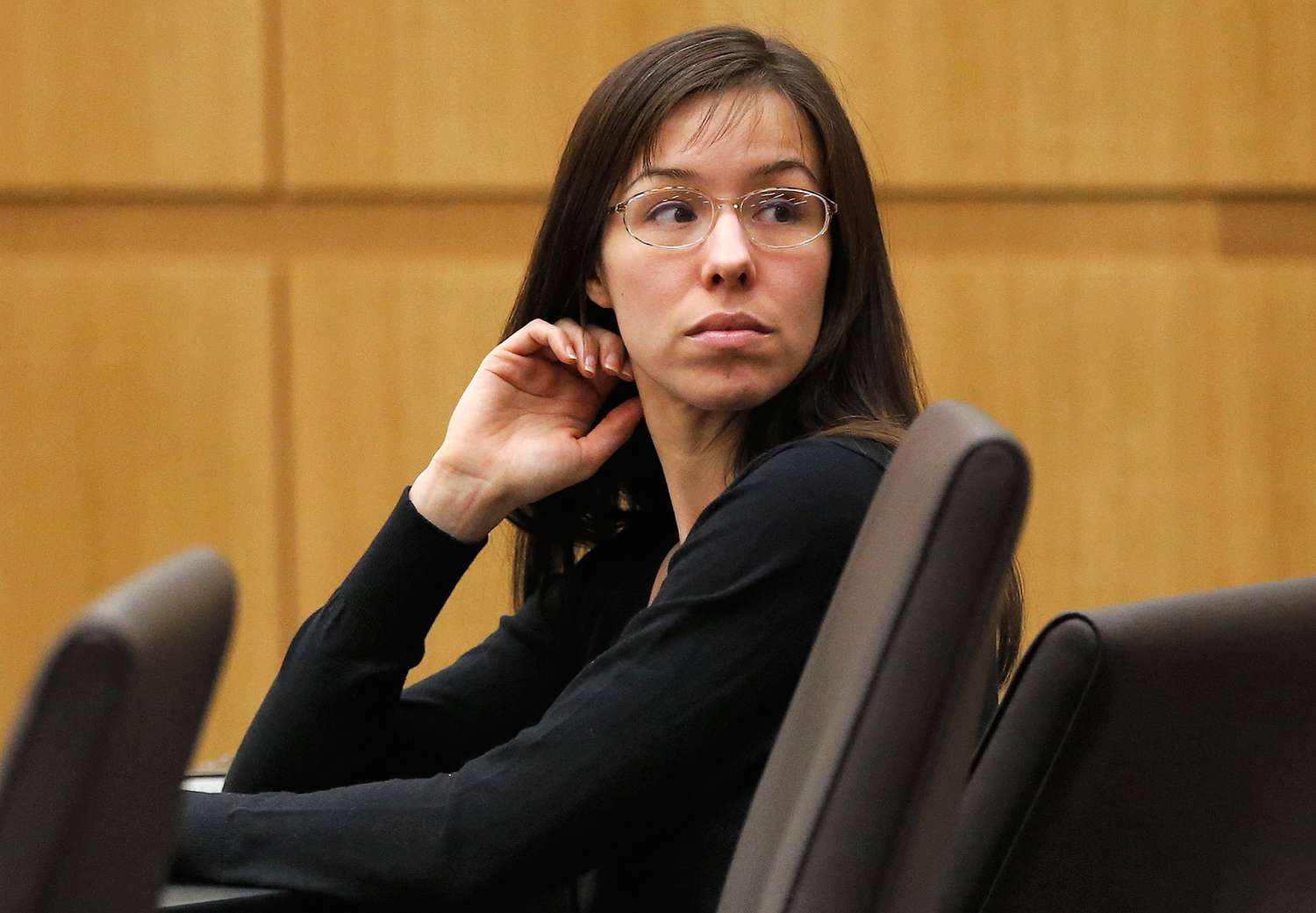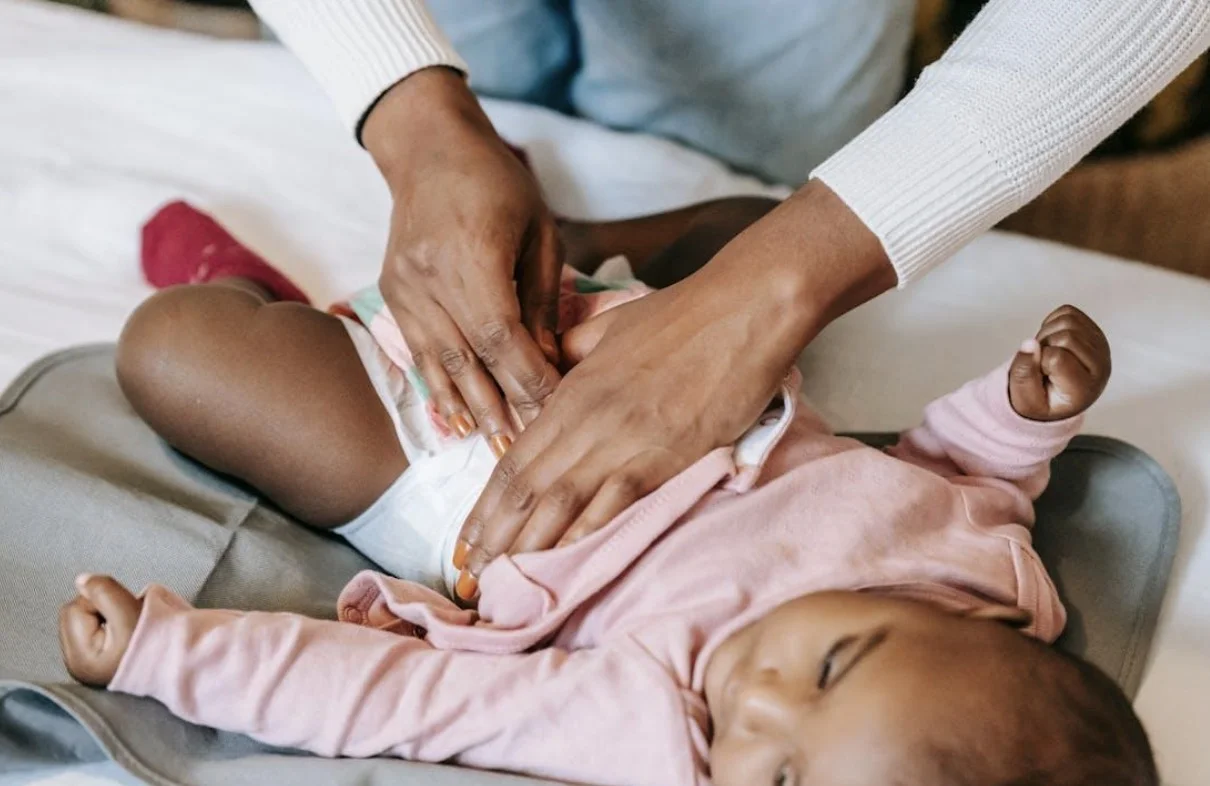Jodi Arias, a name that has become synonymous with one of the most publicized murder trials of the early 21st century, has had her life examined under the public and legal microscope. The spotlight landed on Arias following her arrest and subsequent trial for the 2008 murder of her ex-boyfriend, Travis Alexander, in Mesa, Arizona. Her case dominated headlines, in part due to the nature of the crime and the detailed narrative that unfolded in court, capturing widespread media attention and public interest.
Today, we will look at the question dos Jodi Arias have a kid. What is her family history?
In the years since her trial and conviction, much of Jodi Arias’ personal history has been dissected by both the legal system and the court of public opinion. However, amidst the extensive discussions about her life, questions often arise concerning her personal circumstances beyond the crime for which she was convicted. One topic that prompts inquiry is her familial situation, particularly whether she has any children.
To date, there is no credible evidence or public records indicating that Jodi Arias has any children. Her life, prior to the crime, was marked by aspirations for a career in photography and her turbulent relationship with Travis Alexander, which ultimately led to the tragic events of 2008. Since her conviction and sentencing, Arias’ life is confined within the corrections system, where personal developments such as parenthood are highly improbable.
Background and Personal Life
Jodi Arias’s background encompasses a turbulent childhood and a tumultuous relationship with her boyfriend, Travis Victor Alexander. The personal intricacies of these facets provide context to her life leading up to her consequential legal battles.
Early Life and Education
Jodi Ann Arias was born on July 9, 1980, in Salinas, California. She was raised in a family with both biological and half-siblings. Arias’s family life has been described with allegations of child abuse starting from the age of seven. During her high school years, she formed various relationships and worked at different jobs, but there is limited information regarding her educational achievements.
Relationship with Travis Alexander
In 2006, Arias began a romantic relationship with Travis Alexander, a man she met at a conference for Prepaid Legal Services in Las Vegas, Nevada. Their relationship was marked by its intensity and, sometimes, volatility. Arias converted to the Church of Jesus Christ of Latter-day Saints, which was Alexander’s church, a few months into their relationship, demonstrating the depth of her commitment to him. However, it is noteworthy that she does not have any children from this relationship or any other known relationship.
The Crime and Arrest
This section details the murder of Travis Alexander by Jodi Arias and the subsequent investigation that led to her arrest.
Murder of Travis Alexander
Travis Alexander, a resident of Mesa, Arizona, lost his life on June 4, 2008. He was the victim of a gruesome crime involving multiple stab wounds, a slit throat, and a gunshot to the head. Jodi Arias, his ex-girlfriend, was implicated in this violent act.
Investigation and Evidence
The crime scene within Alexander’s home was extensively analyzed by Mesa’s law enforcement. Crucial evidence against Arias included DNA matching, a bloody palm print, and explicit photographs that established her presence at the locale during the time of Alexander’s death. Her inconsistent statements further aroused suspicion, ultimately leading to her arrest. Despite the severity of the crime, Arias narrowly escaped the death penalty and was sentenced to life in Perryville Prison, Arizona.
Legal Proceedings
The case’s legal intricacies played out over a series of court cases that captured public attention due to the severity of the crime and the details that emerged during the trial. The focus was on the trial proceedings, sentencing, and subsequent appeals, which shed light on the dynamics between prosecution and defense as well as the legal outcomes shaped by their actions.
Trial
In Maricopa County Superior Court, Mesa, Arizona, the trial of Jodi Arias began for the first-degree murder of her ex-boyfriend. The prosecution, led by Juan Martinez, presented a case that relied heavily on forensic evidence and Arias’ conflicting testimonies. The defense sought to explain Arias’ actions as a response to abuse. Throughout the trial, both sides presented extensive testimony, and the case received widespread media coverage due in part to its explicit nature and the defense’s claims of self-defense.
Sentencing and Appeals
Following her conviction, Arias was sentenced to life in prison without the possibility of parole. The sentencing phase included considerations of both the severity of the crime and the defendant’s claims of remorse. In the wake of her sentencing, the appeals process began, focusing on alleged misconduct by the prosecutor, Juan Martinez, and questions about the impartiality of the jury. Although the appeal efforts were initiated, as of now, Arias’ conviction remains intact, with the courts demonstrating confidence in the original trial’s proceedings.
Jodi Arias in the Media
Jodi Arias’s trial and her actions have been a point of fascination in the media, contributing to a notable public and media perception. This coverage has extended into various forms of media, including books and documentaries.
Public and Media Perception
The public and media response to the Jodi Arias case was immense. True crime enthusiasts followed the case closely, often commenting on the details as they were revealed. Media coverage was extensive, with networks dedicating considerable airtime to the trial. Not just news outlets but also social media platforms became arenas for intense discussion and debate on the case, reflecting a deeply polarized public opinion.
Books and Documentaries
- Books:
- If I Can’t Have You: The Jodi Arias Story by Gregg Olsen provides an in-depth look at the case from a true crime author’s perspective
- Documentaries:
- Discovery+ has featured content related to the Jodi Arias case, delving into the sensational elements that captured the public’s attention. Documentaries on this platform often feature interviews, courtroom footage, and expert analysis that provide a comprehensive view of the proceedings
Impact and Legacy
Jodi Arias’ case had profound effects on those directly involved, particularly the victim’s family, and rippled out to leave a broader legacy within the legal and social arenas.
Effects on the Victim’s Family
The victim‘s family experienced immense loss and emotional distress following the murder. The trial’s public nature, coupled with extensive media coverage, compounded their grief as Travis Alexander‘s private life was laid bare. Family members were subjected to the harrowing details of his death and the tumultuous relationship that preceded it, which inevitably influenced their healing process and the manner in which they remember and honor Alexander’s legacy.
Broader Implications of the Case
The Jodi Arias case became a figure in the discourse about domestic violence and the treatment of victims and perpetrators by the media and legal system. The widespread attention drew criticism about sensationalism and the potential effects on justice. The case also sparked conversations about mental health issues, leading to a more thorough public consideration of how such factors can influence criminal behavior. The legacy of the case is marked by a heightened awareness and controversy that challenges the societal perceptions of gender roles in violent crimes.
Psychological Analysis
The psychological disposition of Jodi Arias has been a topic of discussion, raising questions about her mental health and the nature of her relationship with Travis Alexander. Speculation on these aspects provides a framework for understanding the complexity of the case.
Arias’s Mental Health
Diagnosis and Speculation: Arias’s mental health has been a central issue in understanding her actions. Clinical evaluations speculated on the presence of various conditions, with Borderline Personality Disorder (BPD) often mentioned, though not definitively concluded. The characteristics of BPD include intense emotional dysregulation, a pattern of unstable relationships, and a distorted self-image.
Undiagnosed Conditions: Discussions around Arias’s mental health often point to the possibility of undiagnosed illnesses during her childhood or adolescence. Undiagnosed mental health issues can have significant long-term effects, potentially exacerbating stressful situations or relational conflicts.
Relationship Dynamics
Abuse and Violence: The relationship between Arias and Alexander involved claims of domestic violence and abuse. Understanding the psychological underpinnings of their interactions, including any potential cycles of abuse or impact of alleged abuse on Arias’s mental state, is pivotal in examining the case.
Consequences of PTSD: In relationships marred by violence or intense conflict, the risk of developing Post-Traumatic Stress Disorder (PTSD) can be heightened. PTSD may manifest in various ways, often affecting an individual’s behavior and emotional responses significantly.
Aftermath
The legacy of the Jodi Arias trial and her subsequent life sentence at the Arizona State Prison Complex-Perryville encapsulates her notoriety as the “boyfriend killer” and the continued public fascination.
Incarceration
Jodi Arias has been serving a life sentence without the possibility of parole since her conviction. Her confinement is at the Arizona State Prison Complex-Perryville, where she occupies her time with various prison activities. Arias, once profiled as a lover turned murderer, has adapted to her long-term incarceration by contributing to the institution’s library as an aide, according to reports from parole hearings and media coverage.
Public Interest
The trial of Jodi Arias captured national attention, digging into the intimate details of her relationship with the victim, Travis Alexander. Despite the years that have passed since the trial’s conclusion, the public interest has hardly waned. Documentaries, news articles, and social media discussions continue to dissect not only the trial but her current life behind bars. Her actions and the chilling nature of the crime ensure that Jodi Arias remains a point of interest in the true crime narrative.
The public in the United States also wants to know does Jodi Arias have a kid. But the answer to that is no.






